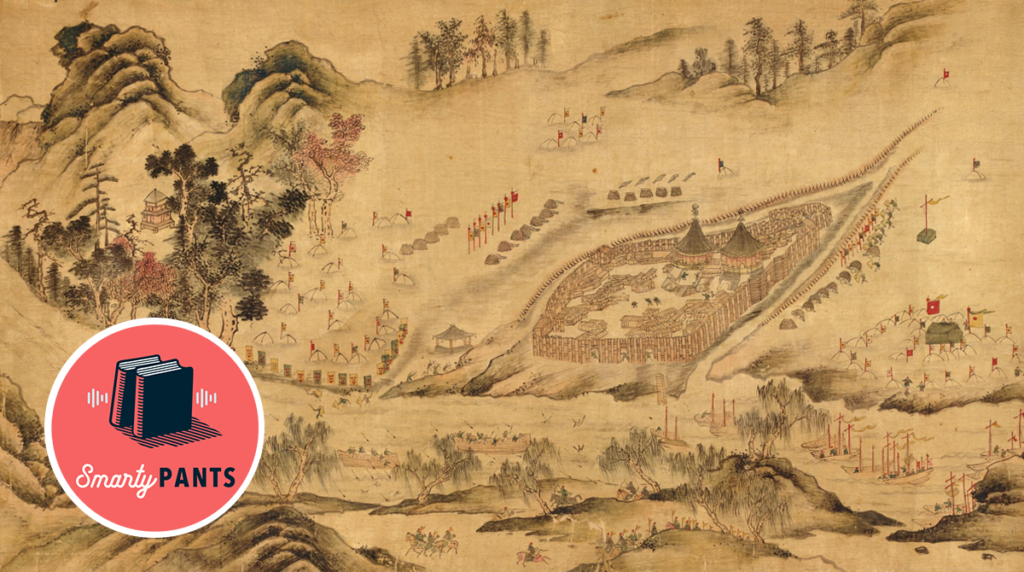Pencil-Pushing Spies
The secret history of how Imperial Russia kept an eye on its Chinese neighbor

The phrase “Russian spies” conjures up all sorts of Cold War thrills: hidden cameras, dastardly poisons, The Americans, John le Carré. But from the 17th to the 19th century, the best Russian spies were pencil-pushing bureaucrats along the long border with China, as Georgetown historian Gregory Afinogenov argues in his new book, Spies and Scholars. These career apparatchiks succeeded at gathering intelligence on the Qing dynasty from their quotidian positions at diplomatic offices, religious missions, and frontier outposts, though they never seemed to get much credit for their work. The irony is that while the intelligence they shared bought Russia greater prestige among European powers, these encounters with European ideals of intellectualism also radically changed what kind of “intelligence” was considered worthwhile.
Go beyond the episode:
- Gregory Afinogenov’s Spies and Scholars: Chinese Secrets and Imperial Russia’s Quest for World Power
- Itching to learn Manchu? Check out the Manchu Studies Group, which includes examples of Manchu script
- For 20th-century Russian spying, no one beats John le Carré, in life or fiction
Tune in every week to catch interviews with the liveliest voices from literature, the arts, sciences, history, and public affairs; reports on cutting-edge works in progress; long-form narratives; and compelling excerpts from new books. Hosted by Stephanie Bastek.
Subscribe: iTunes • Feedburner • Stitcher • Google Play • Acast
Download the audio here (right click to “save link as …”)
Have suggestions for projects you’d like us to catch up on, or writers you want to hear from? Send us a note: podcast [at] theamericanscholar [dot] org. And rate us on iTunes!

